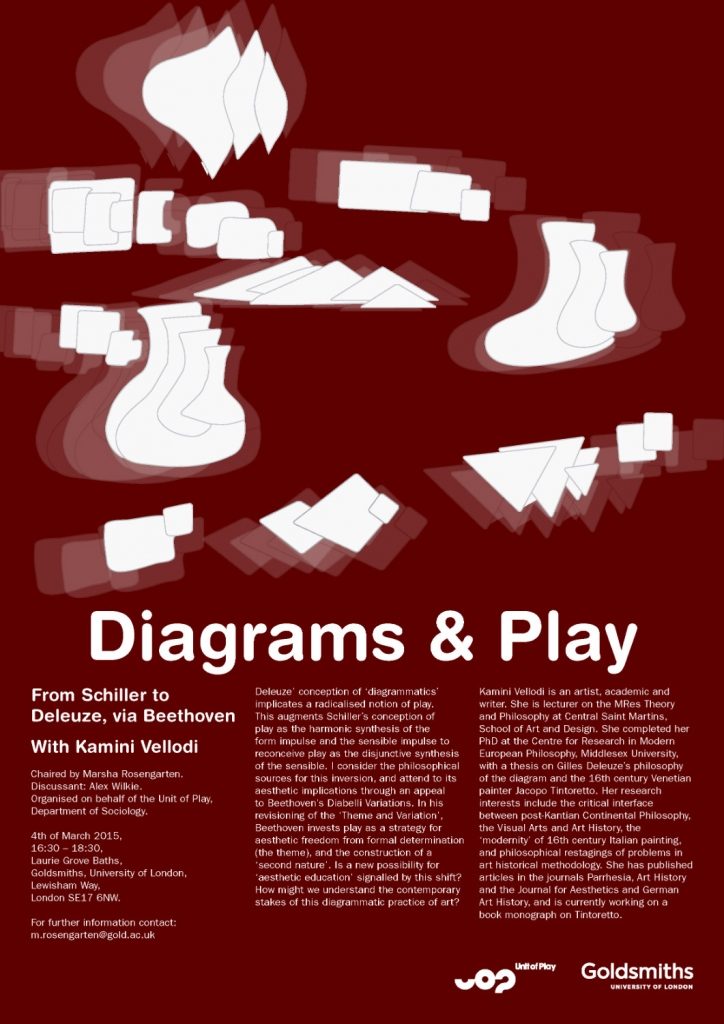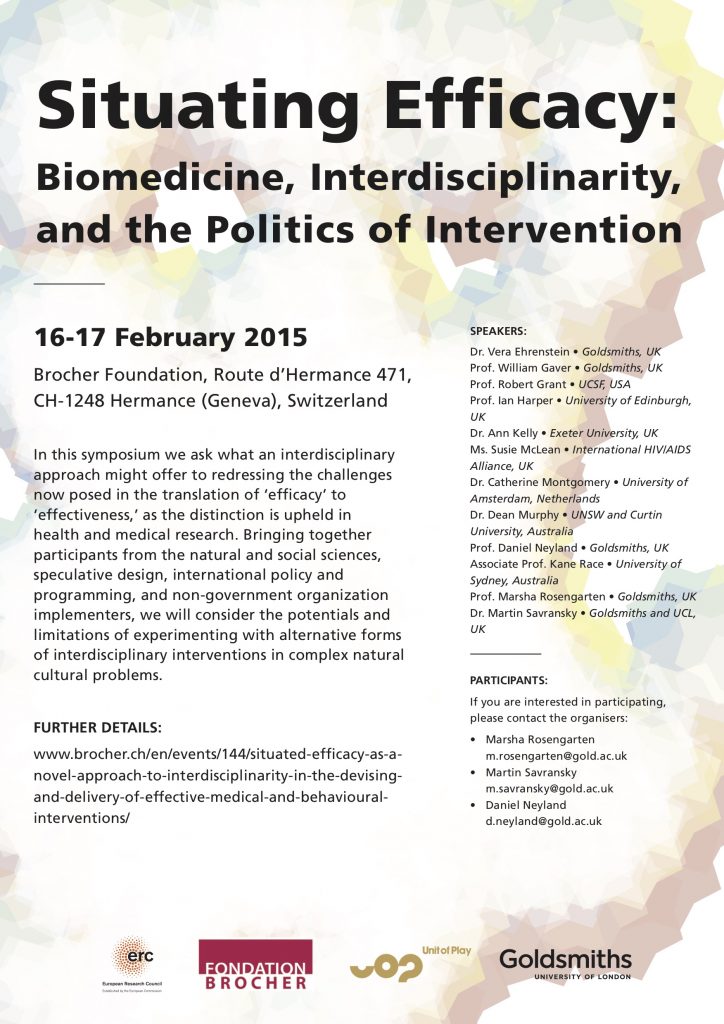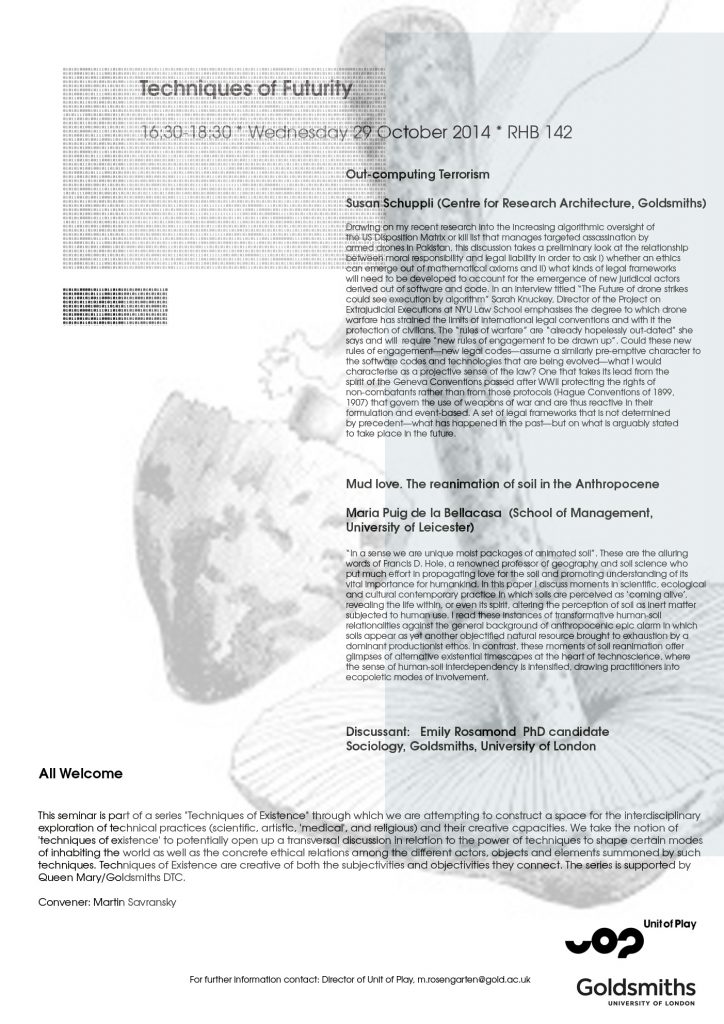
Two consecutive workshops bring together members of Goldsmiths Faculty —engaged in different disciplinary perspectives and different practice commitments, both theoretical and methodological— to consider the nature of problems. Bearing in mind concern within the field of Science and Technology Studies about how solutions are arrived at and may even be said to participate in how a problem is conceived in its framing and/or according to an accepted mode of evidence, the workshops will address the somewhat broader and hence different question of what is a problem and hence what might the experience of a problem prompt? What possibilities may be cultivated by attending to problems? How, if it all, might we understand problems as lures or provocations toward cultivating a future different to the present, a future that evades what is posed as the ‘intractable’ or ‘essence’ of a problem and in its expression forecloses on other possibles?
Professor Matt Fuller – ‘The problem in computing’
Professor William Gaver – ‘Problems made by Research through Design’
Dr Michael Guggenheim – ‘Making problems go round. How the social sciences can help re-define problems and be surprised by the re-problematisations of others.’
Professor Dan Neyland – ‘The Entangling of Problems, Solutions and Market (PDF download)’
Professor Evelyn Ruppert—‘Problems in Data’ Dr Martin Savransky – ‘What is a Problem?’
Dr Edgar Schmitz—‘indifferent and improper’
Professor Marsha Rosengarten—Facilitator/Chair
For further info please contact the organisers Professor Marsha Rosengarten and Dr Martin Savransky.



